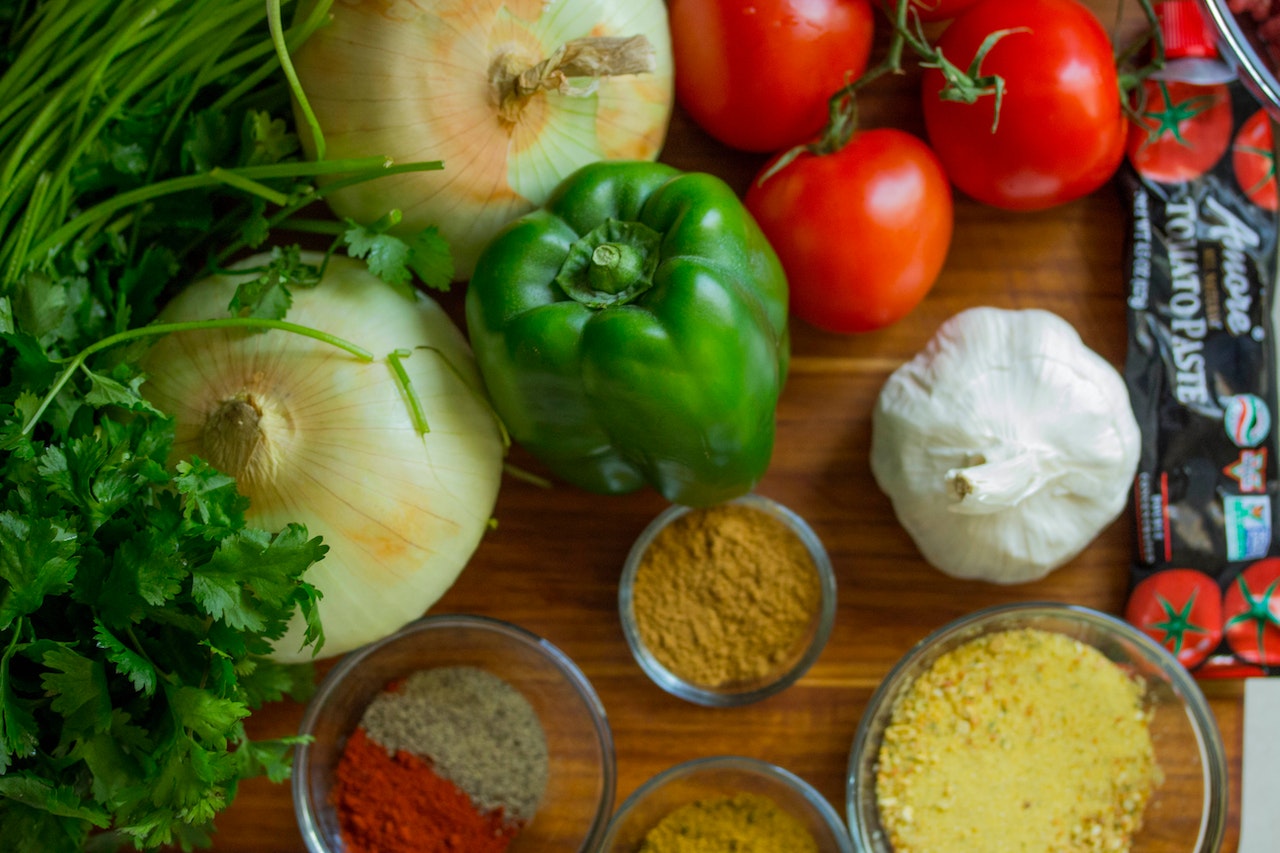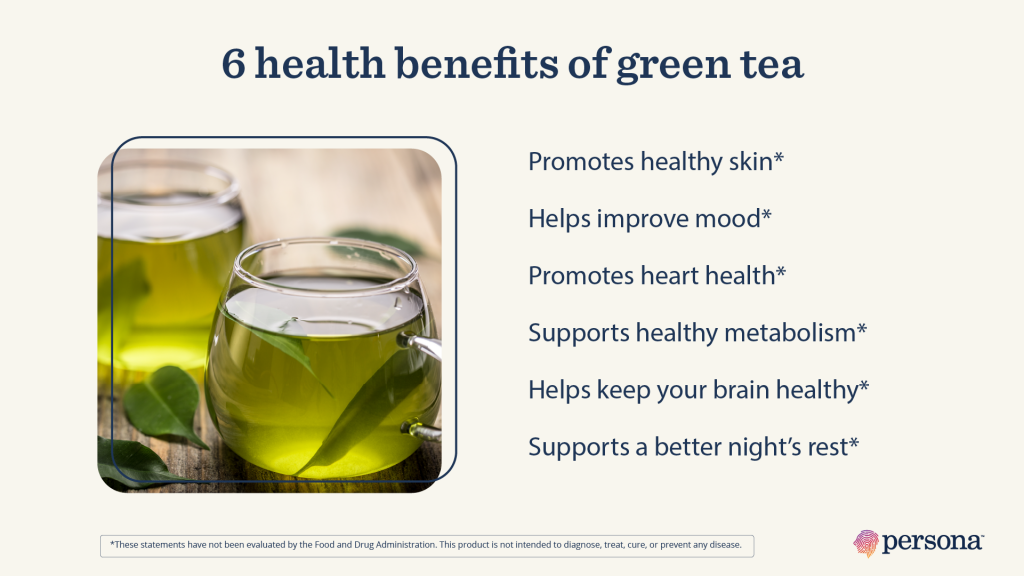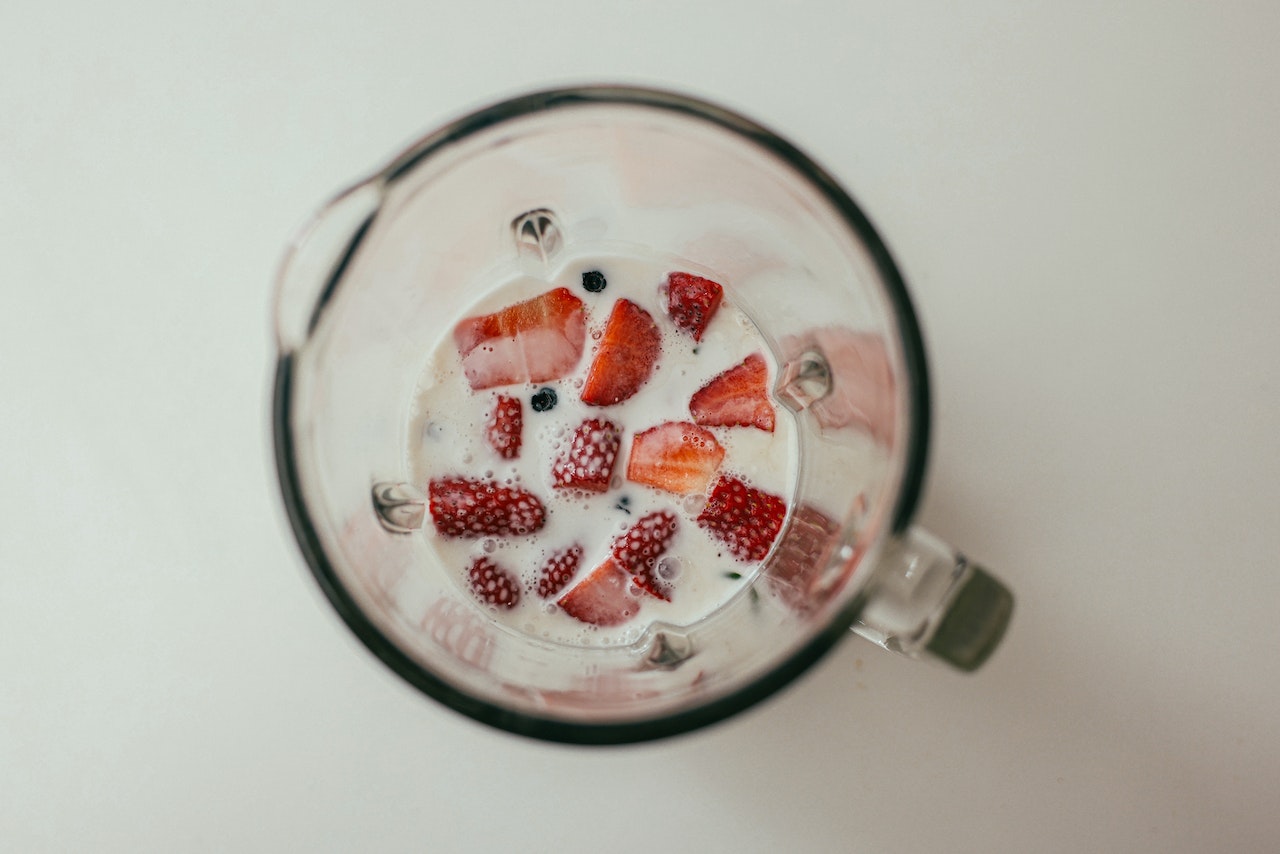If you’ve ever struggled with your weight and blamed your slow metabolism, you’re not alone! For many of us, our metabolism slows naturally as we age, and that can feel challenging. You might feel like you can’t eat what you used to or wear the jeans size you did when you were younger. But just because our bodies change with time, doesn’t mean we can’t adapt. Regular exercise, healthy sleep and—importantly—a smart diet can all affect metabolism.
How does your metabolism work?
Put simply: Your metabolism is how your body converts food into energy. It affects how fast you burn calories, how much fat your body stores and even how hungry you feel.
Some factors that influence your metabolism are beyond your control, like your age, sex, genetics and hormones, but there are also things you can do to help accelerate it. And the simplest is eating the right foods.
Some foods can slightly increase your metabolism by stimulating digestion, providing nutrients that help it function, or by increasing thermogenesis, your body’s way of turning food into heat.
7 foods that increase metabolism
1. Chili Peppers
If you’re someone who loves the fiery spice of chili peppers, you’re in luck! Chili peppers are a source of capsaicin, the compound that gives them that heat—and comes with some unexpected health benefits. One is the ability to increase the rate your body burns calories, according to research. It apparently works by increasing your body’s temperature and oxygen use, leading to a slight boost in your metabolic rate.
The caveat: Overdoing it can irritate your stomach and cause negative symptoms like heartburn or diarrhea. So if you find yourself sweating through your meal or needing to gulp water after every bite, you probably want to cut back. But if you’re comfortably with the heat, try adding some chili peppers to a few dishes like soups, stews, salsas or even salads.
2. Tea
Whether you like black, green or oolong tea, regularly sipping a hot mug can help rev up your metabolism. How it does this is still being studied, but experts think it’s because tea’s catechins (antioxidants) and caffeine work together to increase the rate you burn calories.
Pro tip: Don’t drink caffeinated tea past midafternoon, or it could interfere with your sleep!
3. Coffee
It turns out, your morning brew doesn’t just perk you up, but it can also help increase the rate you burn calories. Coffee beans have an antioxidant called chlorogenic acid that affects cAMP, an important messenger in your body that regulates blood sugar and metabolism. To reap the most benefits, drink your coffee black; adding too much sugar or cream can outweigh its benefits.
4. Ginger
This super root is best known for helping with nausea and digestion, but ginger may also help speed up your metabolism. Though more research is needed, regularly drinking ginger tea with your food might increase your body’s thermogenesis while reducing feelings of hunger, according to one study. Not only that, but ginger is also rich in antioxidants that fight free radicals, compounds that can impair your metabolic health when they build up in your cells.
Heads up: Too much ginger can lead to heartburn, diarrhea or irritation in your gut and mouth, so make sure you’re not eating too much!
5. High-protein foods
If you’re hoping to shed a few pounds with a faster metabolism, getting enough protein in your diet is essential. Protein-rich foods have a high thermic effect, meaning your body uses more energy when digesting and absorbing than it does with carbs and fat. So the simple act of digesting protein helps increase your metabolism. Another benefit? Protein also helps maintain and increase your lean body mass—also important for your metabolic rate.
6. Dark, leafy greens
Leafy greens are loaded with good, essential nutrients, so it’s not surprising that regular intake can promote a healthy metabolic rate. One key is magnesium, a mineral that’s vital for your metabolism to work well. Without it, your body can’t effectively turn food into energy. In general, aiming for about 2 cups daily of dark, leafy greens like kale, spinach, collard greens or arugula should be enough.
7. Water
While water isn’t exactly food, it’s incredibly important. Your cells have to be well-hydrated to function properly. Drinking enough fluids can increase your metabolic rate, according to research. The amount of water you need varies with age, activity level, lifestyle and diet, but most people should drink an amount equal to half their body weight flipped to fluid ounces (eg: a 140-pound person should drink 70 fluid ounces daily).
Read next: 5 snacks to keep you feeling fuller longer
About Agnes
Agnes is an accredited nutritionist by SNDA (Singapore Nutrition & Dietetics Association). Prior to Persona, she worked in community settings, providing training and managing events. She loves working with people and is passionate about changing people’s lives through nutrition.
Agnes is just one of the many experts at Persona who are here to accelerate your wellness journey. If you have questions about nutrition or your personalized program, reach out now or book a free appointment with Agnes or another of our amazing nutritionists.
*These statements have not been evaluated by the Food and Drug Administration. This product is not intended to diagnose, treat, cure, or prevent any disease.
This information is not intended as a substitute for the advice provided by your physician or other healthcare professional, or any information contained on or in any product label or packaging. Do not use the information from this article for diagnosing or treating a health problem or disease, or prescribing medication or other treatment. Always speak with your physician or other healthcare professional before taking any medication or nutritional, herbal, or homeopathic supplement, or using any treatment for a health problem. If you have or suspect that you have a medical problem, contact your health care provider promptly. Do not disregard professional medical advice or delay in seeking professional advice because of something you have read in this article.


















